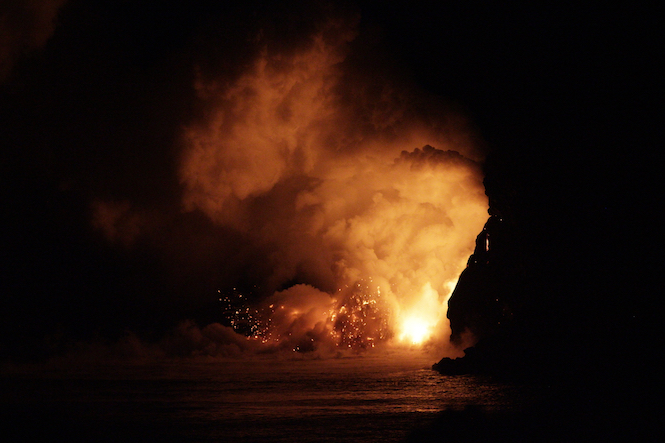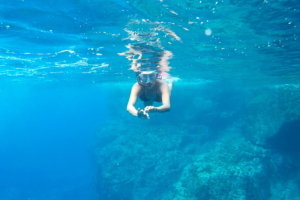Over the Edge
When we live in fear, we see only failure.
When we fail, we protect ourselves.
When we are protected, we feel afraid.
And we spiral down,
down,
down,
until we have pushed the one thing we hold dear
o
v
e
r
t
h
e
e
d
g
e















